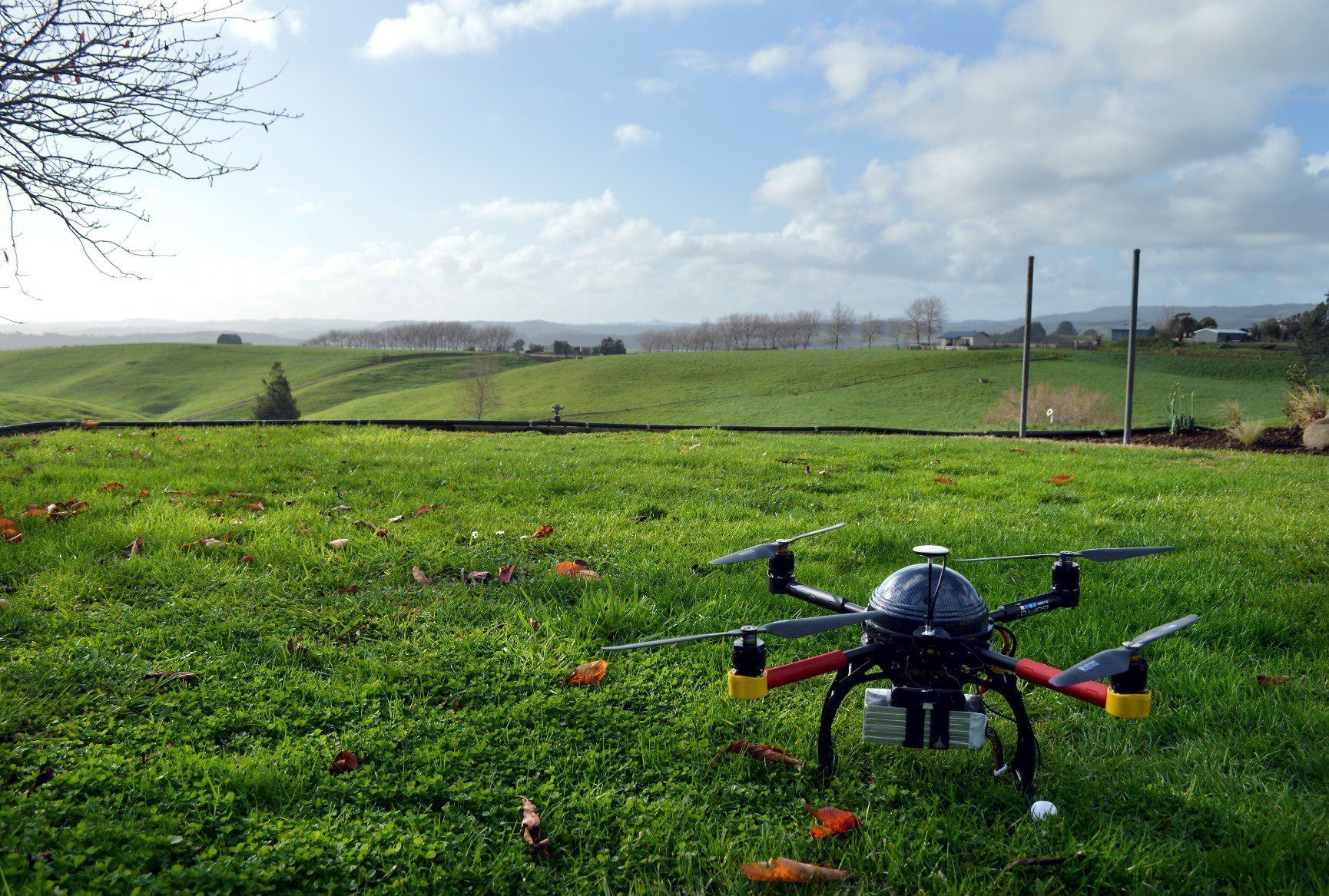The Industrial Revolution and Digital Revolution are two pivotal periods that have impacted modern society. The Industrial Revolution, characterized by machines, steam power, and mass production, revolutionized the economy and transportation sector. Simultaneously, the Digital Revolution led to e-commerce, online presence, and automation reducing costs and increasing productivity. Both led to advancements and economic growth but also brought along with it social and ethical issues. The article emphasizes the importance of creating a sustainable, equitable, and socially responsible society as we continue to push forward into the digital age while remembering the lessons learned from the Industrial Revolution.
The Industrial Revolution vs. The Digital Revolution: How Two Key Transformations Shaped Modern Society
Introduction
The Industrial Revolution and the Digital Revolution are two of the most significant transformations that have shaped modern society. The Industrial Revolution began in the late 18th century and was marked by the use of machinery, steam power, and mass production. The Digital Revolution, on the other hand, started in the late 20th century, and is characterized by the widespread use of digital technology such as computers, smartphones, and the internet. This article aims to compare and contrast the two pivotal periods in history and how they influenced modern society.
Economic impact
The Industrial Revolution played a significant role in transforming the economy of the Western world. The development of factories and the growth of industry led to an increase in production, and new technologies such as the steam engine made transportation and communication easier than ever before. This boost in productivity led to massive economic growth, as businesses became more efficient and profitable.
The Digital Revolution also brought significant changes to the economy. The rise of e-commerce and online businesses has made it possible for companies to reach a global market, leading to increased sales and profits. Digital technology has also made it easier to automate tasks, reducing costs and boosting productivity. However, the Digital Revolution has also led to a widening wealth gap, as those with the necessary skills and resources are better able to benefit from this new economy.
Social impact
The Industrial Revolution had a profound impact on social structures. The growth of industry resulted in a new working class, as people moved from the countryside to work in factories. This shift led to the rise of urbanization and the emergence of a new middle class. However, it also led to poor working conditions and exploitation of workers.
The Digital Revolution has also brought significant changes to social structures. Digital technology has enabled new forms of communication and social networks, leading to a more connected world. It has also made it possible for people to work from anywhere, reducing the need for a traditional 9 to 5 office job. However, it has also led to concerns over social isolation and the impact of social media on mental health.
Technological advances
The Industrial Revolution brought about numerous technological advances that revolutionized industry and transportation. The steam engine, developed in the late 18th century, was a key innovation that powered the growth of industry. It led to the development of new machines, such as the spinning jenny and power loom, that made textile production more efficient than ever before. The Industrial Revolution also saw advancements in transportation, including the steam-powered locomotive and the modern printing press.
The Digital Revolution has also brought about significant technological advances, with the development of computers and the internet transforming the way we work and communicate. Digital technology has led to the development of new industries, such as electronic entertainment and e-commerce. It has also transformed education, making knowledge more accessible than ever before, and changing the way we learn and teach.
Conclusion
The Industrial Revolution and the Digital Revolution are two of the most significant transformations in history, each bringing about massive changes that have shaped modern society. Both have led to economic growth and technological advancements, but have also brought with them challenges and social issues. As we continue to push forward into the digital age, it is important to remember the lessons learned from the Industrial Revolution and work towards creating a society that is sustainable, equitable, and socially responsible.
